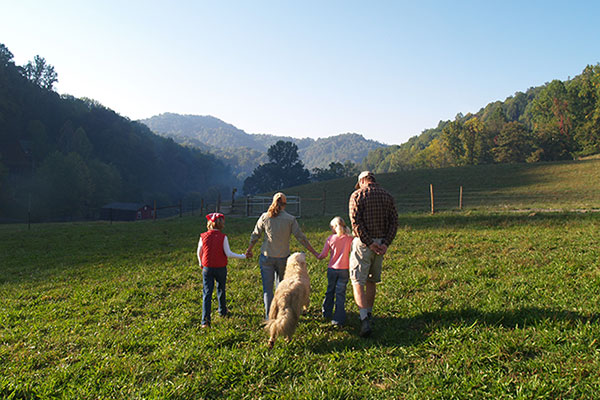Meet our ED, Wayne Copp
A Greener World UK is excited to introduce our Executive Director, Wayne Copp. The following is excerpted from our magazine, Sustainable Farming. You may not know this, but in the last 12 months AGW has opened offices in South Africa and Europe. And it’s from the latter that I’m pleased to write this today. The seeds for AGW Europe blew in on trade winds from the U.S. and Canada—and are demand led. The increasing popularity of AGW’s brand among North…
Another Silver Bullet Misses The Mark: The EAT-Lancet Report’s Missed Opportunity to Back Real Sustainability
Reposting courtesy of our colleagues at AGW Global: The recently published EAT-Lancet Commission report, housed on the world-renowned Lancet site, proposes scientific targets for healthy diets and food production to ensure human health and environmental sustainability in the years to come. This ambitious report comes at a time when many are seeking answers as to how we’ll combat climate change, and the authors claim that meeting these targets will achieve the Paris Agreement objectives and the United Nations' Sustainable Development Goals. But…
Grassfed’s Role In A Greener World: AGW’s Response to the University of Oxford study, Grazed and Confused?
Grazed and Confused?—the new report from the University of Oxford’s Food Climate Research Network—represents an important step forward in advancing our scientific knowledge on how we might feed ourselves sustainably. Written by a number of eminent scientists involved in exploring sustainable food production, the report seeks to address a specific—but vital—question in the sustainable food debate: What is the role of grazing ruminants in contributing to or mitigating climate change? It is therefore extremely disappointing to see this important report…




